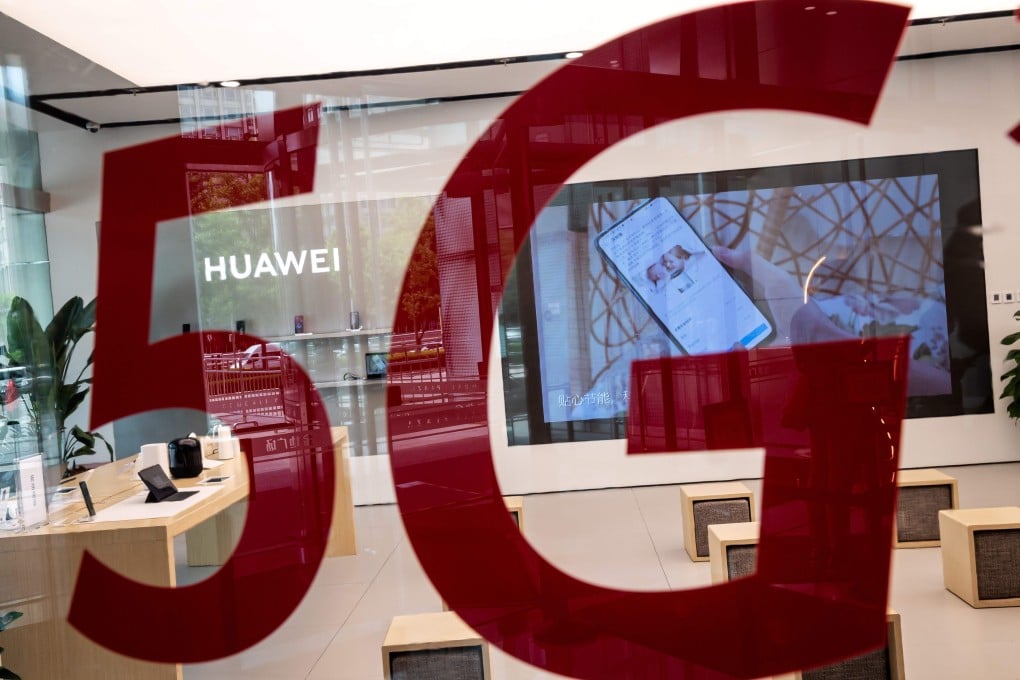Advertisement
Opinion | Huawei’s troubles show the limits of the old trade order in a world of data, software and AI
- The Huawei case is a harbinger of a world in which national security, privacy and economics will interact in complicated ways
- Countries must agree on a new regulatory patchwork which allows them to pursue their own interests without exporting their problems
Reading Time:4 minutes
Why you can trust SCMP
21

The international trade regime we now have, expressed in the rules of the World Trade Organisation and other agreements, is not of this world. It was designed for a world of cars, steel and textiles, not one of data, software and artificial intelligence. Already under severe pressure from China’s rise and the backlash against hyper-globalisation, it is utterly inadequate to face the three main challenges these new technologies pose.
Advertisement
First, there is geopolitics and national security. Digital technologies allow foreign powers to hack industrial networks, conduct cyberespionage and manipulate social media. Russia has been accused of interfering in elections in the United States and other Western countries through fake news sites and the manipulation of social media. The US government has cracked down on the Chinese giant Huawei because of fears that the company’s links to the Chinese government make its telecoms equipment a security threat.
Second, there are concerns about individual privacy. Internet platforms are able to collect huge amounts of data on what people do online and offline, and some countries have stricter rules than others to regulate what they can do with it. The European Union, for example, has enacted fines for companies that fail to protect EU residents’ data.
Third, there is economics. New technologies give a competitive edge to large companies that can accumulate enormous global market power. Economies of scale and scope and network effects produce winner-take-all outcomes, and mercantilist policies and other government practices can result in some firms having what looks like an unfair advantage.
For example, state surveillance has allowed Chinese firms to accumulate huge amounts of data, which in turn has enabled them to corner the global facial recognition market.

00:59
China’s facial recognition technology identifies people wearing masks amid the Covid-19 epidemic
China’s facial recognition technology identifies people wearing masks amid the Covid-19 epidemic
A common response to these challenges is to call for greater international coordination and global rules. Transnational regulatory cooperation and antitrust policies could produce new standards and enforcement mechanisms.

Advertisement
